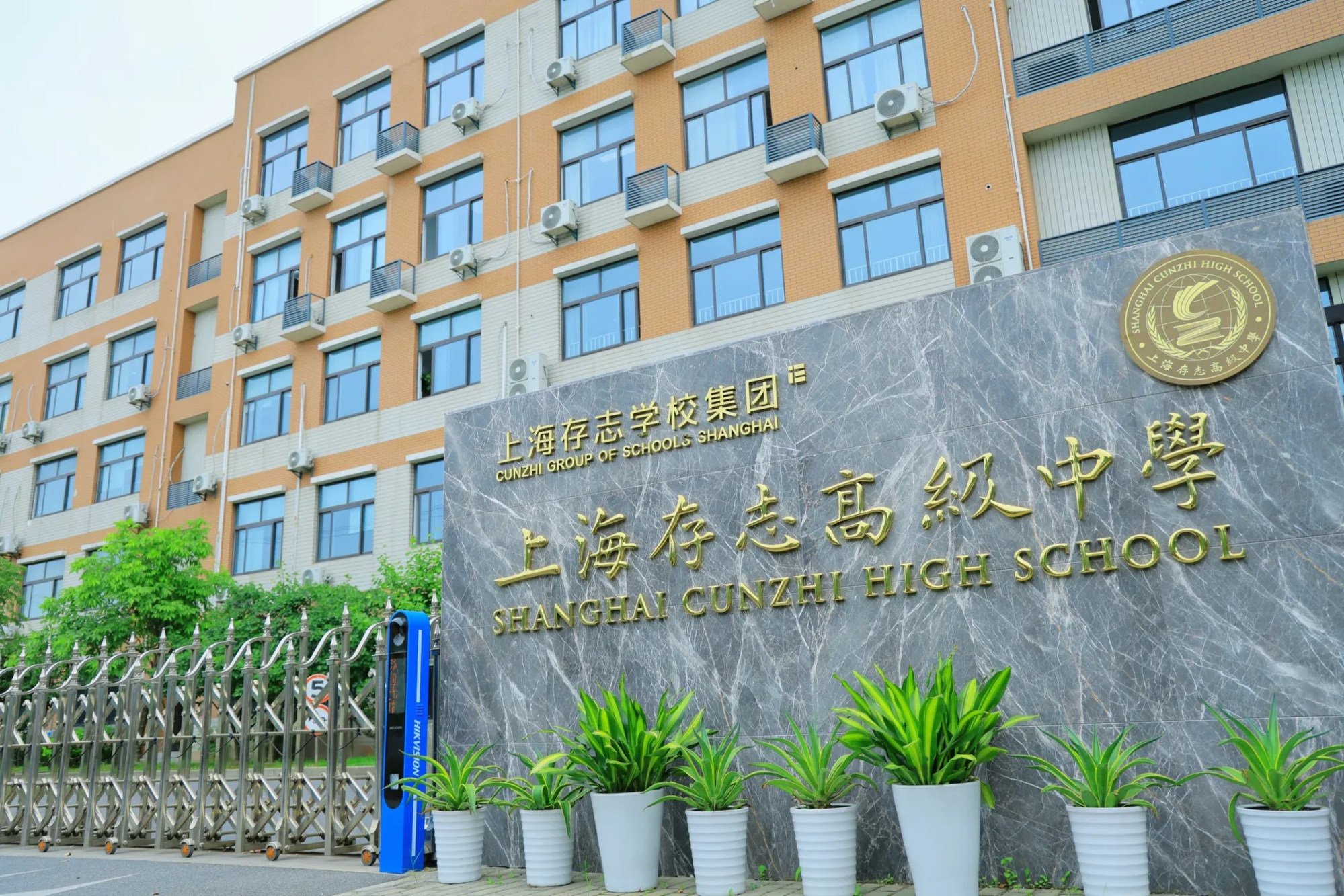
The Growing Influence of the DSE Programme in Mainland China
The Diploma of Secondary Education (DSE) has seen a significant rise in popularity, especially among students in mainland China. More than 70 schools across the region now offer the DSE curriculum, with some institutions planning to expand further due to the increasing demand. This trend has sparked discussions about the need for the DSE to become more internationalized in order to attract a broader range of non-local candidates.
According to reports, at least 72 schools and four tutorial centers in cities such as Beijing, Shanghai, Shenzhen, Guangzhou, Zhejiang, and Jiangsu provide the DSE curriculum. These institutions cater to a diverse group of students, including children of Hong Kong residents living on the mainland, Hong Kong-born children residing in mainland China, and mainland students who prefer the DSE over the gaokao or other academic programs.
One example is TICC Cunzhi Academy in Shanghai, which charges around 136,000 yuan per student annually. The school started with just 15 DSE students in 2022 and has since grown to 60 students. According to the head of the school, Johnny Qian Changsheng, parents in the Jiangsu-Zhejiang-Shanghai region have become increasingly aware of the DSE in recent years. Compared to other international curricula like A-levels or the International Baccalaureate (IB), the DSE offers an advantage by allowing students to take exams in Chinese.
Trends and Challenges in DSE Adoption
The number of private DSE candidates has increased significantly, from 7,431 in the previous round to 10,161 in 2025. This growth is partly attributed to the rising number of DSE takers living on the mainland. Four of the 72 schools are specifically designated for Hong Kong children who live on the mainland, while the rest serve both mainland and Hong Kong students.
The government has also noted an increase in applications from dependants of talent scheme applicants seeking admission to local universities. From 200 in 2022, this number rose to 1,000 last year. Mainland students who receive dependant visas can apply for government-funded programs, paying local tuition fees of approximately HK$44,500. Non-local students, however, must pay more than three times that amount.
Beacon College, a private education institution, has seen the DSE gain traction on the mainland. Since establishing two DSE schools in Shenzhen and Dongguan in 2021, the institution has graduated 300 students. The DSE currently accounts for about 20% of its business, with plans to increase this to 30-40% in the next two years.
Calls for Internationalization and Future Prospects
Despite the growing popularity, there are calls for the DSE to be more internationalized. Dennis Lam Shun-chiu, a lawmaker, suggested setting up exam centers in Southeast Asia and countries participating in Beijing's Belt and Road Initiative. This move could help the DSE compete more effectively with other global assessments.
However, operators offering the DSE curriculum face challenges. The Hong Kong government recently introduced changes to the eligibility criteria for government-subsidized university places, requiring a two-year residency for local students starting in 2028-29. Additionally, the Hong Kong Examinations and Assessment Authority (HKEAA) issued new guidelines requiring DSE applicants studying on the mainland to provide student registration information from official systems.
Some schools worry that students from international schools may be affected, as their records might not be included in the national system. However, schools like TICC Cunzhi in Shanghai claim they have the necessary documentation for their students. They also note that higher university fees resulting from the revised definition of local students are not a major concern, as their students can afford the costs.
Adapting to New Regulations
While the HKEAA’s new rules may pose challenges, schools are exploring alternatives. Some are considering switching certain students to other programs like A-levels. Xia Chengfu, the academic principal of Beijing No 4 High School International Courses Jialian Campus, mentioned that the school is studying these options.
The Joint University Programmes Admissions System (JUPAS) plays a crucial role in helping DSE students secure university placements in Hong Kong. Out of the 15,000 public university places, about 12,000 are allocated through JUPAS, while the remaining spots go to students from other curricula like the IB.
As the DSE continues to grow in popularity, it remains to be seen how well it can adapt to evolving regulations and competition from other international programs. For now, the curriculum shows strong potential, with many institutions optimistic about its future.
